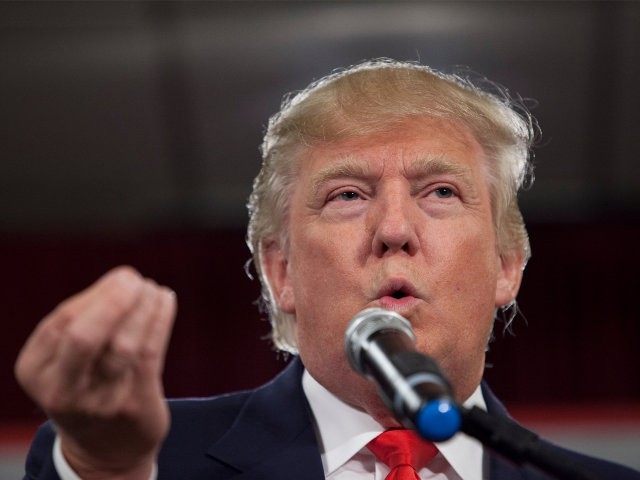Reuters reports some pushback against President-elect Donald Trump from both the Obama White House and senior Republican senator John McCain over Trump’s comments on China and Taiwan.
Trump said in a weekend interview, “I don’t know why we have to be bound by a ‘one China’ policy unless we make a deal with China having to do with other things, including trade.”
This was a reference to China’s position regarding Taiwan, a position China felt was threatened by Trump’s unusual telephone conversation with Taiwan’s President Tsai Ing-wen on December 2nd.
“The United States does not view Taiwan and our relationship with Taiwan as a bargaining chip, and bargaining that away is not something that this administration believes is our best interest,” White House spokesman Josh Earnest said on Monday.
“Disrupting this policy could have a disruptive effect on our ability to work with China in those areas where our interests do align. That reflects the high priority that China puts on the policy and on Taiwan,” Earnest continued.
McCain was, if anything, harder on Trump than the White House. After declaring his personal support for the “One China” policy.
“I do not respond to every comment by the president-elect because it may be reversed the next day,” McCain sniffed.
Reuters then quotes Scott Kennedy of the Center for Strategic and International Studies (CSIS) warning that Taiwan is “the third rail of U.S.-China relations,” which was taken as a warning that Trump might “provoke a military confrontation if he presses the Taiwan issue too far.”
Along those lines, Robert Daly of the Kissinger Institute on China at the Wilson Center told CNBC, “This is not a bargaining chip that you use to come closer to getting your ideal set of circumstances regarding trade matters, human rights or anything else. To withdraw from the one China policy is to renounce formal relations with China. Then there’s no basis to discuss any of these issues.”
CNBC notes Richard Bush of the Brookings Institution wrote a letter to Trump advising him that prodding China on Taiwan “would not provide leverage on trade, North Korea, the South China Sea, or any of the other issues that roil the relationship.”
“More likely, it would rattle the entire framework of the relationship, and cause Beijing to rethink its policy of seeking reunification by peaceful means,” Bush warned.
China’s position since the seventies has been that unconditional acceptance of Taiwan as a rogue province of China is required to have any relationship with Beijing at all. In this, as in many other areas of both foreign and domestic policy, Trump is looking to reset the deal-making process by suggesting nothing is completely off the table. Supporters of his approach would ask how bilateral the Sino-American relationship can truly be if it begins with unconditional concessions by the United States.

COMMENTS
Please let us know if you're having issues with commenting.